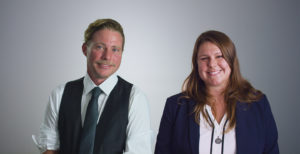Project Overview
South Dakota Voices for Peace has pioneered a courageous model to fight Islamophobia and anti-immigrant bigotry in rural states. Led by Taneeza Islam—a first-generation American Muslim immigration lawyer—the organization has crafted a multi-pronged approach that empowers Muslims, immigrants, and refugees to embrace their voices and stories; educates average South Dakotans on what Islamophobia is and what hate looks like; builds relationships with legislators across the aisle; and provides head-on messaging around hate. The results are impressive, notably in stopping hate-filled legislation: since 2017, the organization has helped to fight and defeat 11 out of 12 bigoted bills and resolutions in the state legislature. In addition, South Dakota Voices for Peace has built the state’s first immigration services ecosystem for children living in South Dakota who are in immigration court proceedings in Minnesota. This support network is critical for children who can be up to eight hours by car from court hearings. The team’s formidable network of intersectional partnerships also helps safeguard impacted communities through rapid-response organizing. With its blend of education, advocacy, and legal services, the organization is fighting top-down, legislated hate while engaging and sustaining communities from the bottom up—a model that promises to engender lasting social change.
Five Questions
Learn more about this project
Meet our other 2019 awardees
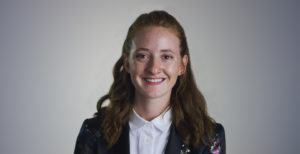
Our Climate Voices
Minnesota
Through powerful first-person stories, Our Climate Voices humanizes the climate disaster and spurs concrete action to combat climate harm.
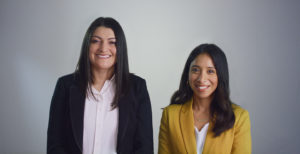
Viridiana Carrizales &Vanessa Luna
Texas and New York
ImmSchools seeks to transform America’s schools into safe and welcoming places for undocumented students and their families.
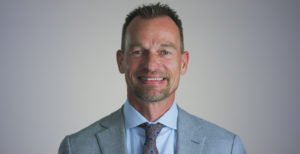
Arizona
One Water One Health is harnessing wastewater treatment plants across America to pinpoint harmful chemicals and help restore community health.
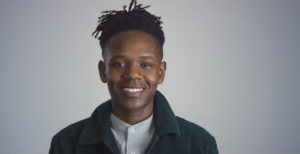
California
The Hood Incubator leverages the legal cannabis industry to advance racial equity and build economic power for Black communities.

Black and Pink’s REAP Reentry Program
Nebraska
The REAP program provides reentry support for system-impacted LGBTQ+ people, rebuilding their power and centering their capabilities on the path forward.
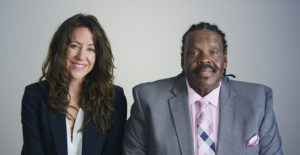
Louisiana
The First 72+ helps stop recidivism through hand-in-hand housing, small-business incubation, and other services grounded in healing and hope.
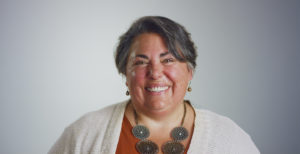
Pennsylvania
VIISTA seeks to revolutionize immigration law by creating a nationwide pipeline of legal advocates to advance immigrant justice.
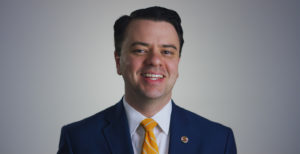
The Campaign for Historic Trades
Maryland
An apprenticeship program for preservation tradespeople helps fill urgently needed jobs while building equity in the heritage movement.

 Learn More
Learn More